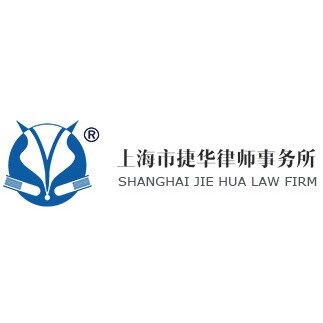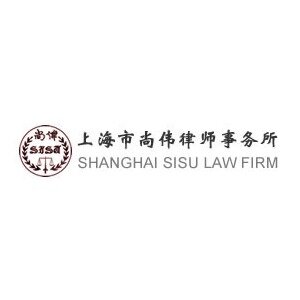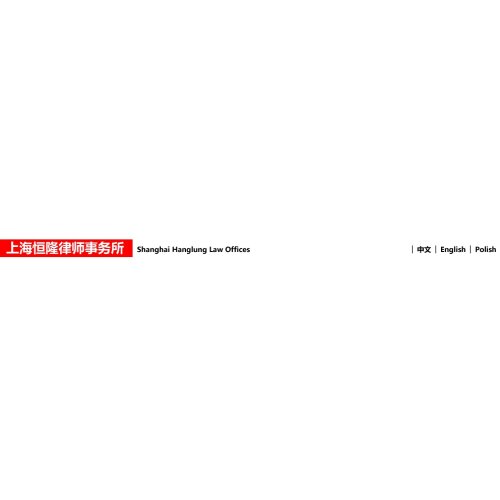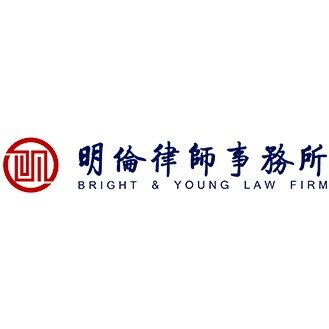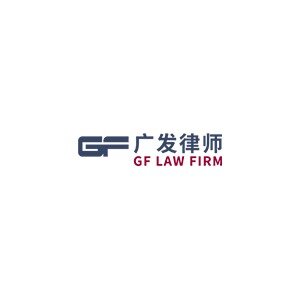Best Private Equity Lawyers in Shanghai
Share your needs with us, get contacted by law firms.
Free. Takes 2 min.
List of the best lawyers in Shanghai, China
About Private Equity Law in Shanghai, China
Private Equity (PE) in Shanghai, China, refers to investment funds that directly invest in private companies or engage in buyouts of public companies, resulting in the delisting of public equity. Shanghai, as a global financial hub, is a focal point for both domestic and international private equity transactions. The city’s legal and regulatory environment is complex and constantly evolving, conditioned by China’s broader economic policies and local reforms. Lawyers who specialize in this area guide investors, fund managers, and companies through compliance, structuring, and transaction execution.
Why You May Need a Lawyer
People and entities often require legal assistance in private equity for several reasons:
- Structuring and forming private equity funds to comply with strict Chinese regulations
- Navigating cross-border investment restrictions and foreign investor limitations
- Drafting and negotiating complex investment agreements and term sheets
- Conducting comprehensive due diligence on target companies or assets
- Ensuring regulatory compliance with frameworks such as the China Securities Investment Fund Law and rules set by the China Securities Regulatory Commission (CSRC) and the Asset Management Association of China (AMAC)
- Advising on tax implications for both domestic and foreign investors
- Resolving disputes between fund managers, investors, or portfolio companies
- Assisting with exits, including initial public offerings (IPOs), mergers and acquisitions, or other sale structures
Given the complexity and fluidity of the local and national regulations, a lawyer’s expertise is invaluable for risk mitigation and achieving investment goals.
Local Laws Overview
Several key aspects of local laws are particularly relevant to private equity in Shanghai:
- Fund Management Regulation: All private equity fund managers must register with the Asset Management Association of China (AMAC) and comply with strict disclosure and capital requirements.
- Foreign Investment Laws: The 2020 Foreign Investment Law of China liberalized market access to some extent but retains negative lists that restrict foreign investment in specific sectors.
- Investment Structure: Common structures include limited partnerships (LPs) and companies limited by shares. Local law prescribes governance, liability, and operational details.
- Data and Cybersecurity: Recent data security laws (such as the Data Security Law and Personal Information Protection Law) require careful data protection in due diligence and day-to-day operations.
- Taxation: Tax treatment of PE funds and carried interests can vary based on fund structure and investor identity (domestic versus foreign).
- Anti-Money Laundering (AML) and Know Your Customer (KYC): Strict compliance is required for fund operation and cross-border transactions.
- Exit Pathways: Laws governing IPOs, mergers, acquisitions, and other exit mechanisms are tightly regulated by authorities such as the CSRC.
Shanghai also implements pilot programs and local financial reforms which may impact private equity differently compared to other regions in China.
Frequently Asked Questions
What is the typical legal structure for private equity funds in Shanghai?
Most funds are structured as limited partnerships, where general partners manage the fund and limited partners provide capital. Some funds use corporate or trust structures, which each come with different legal and tax implications.
Do foreign investors face restrictions when participating in private equity funds in Shanghai?
Yes, foreign investors face limitations based on the sector being invested in, the investment structure, and compliance requirements under the Foreign Investment Law and other related regulations.
Is registration with AMAC mandatory for all PE funds in Shanghai?
Registration with the Asset Management Association of China is required for almost all private equity fund managers, including both domestic and foreign entities operating in China.
What due diligence is required before investing in a Shanghai-based company?
Due diligence typically covers financial, legal, commercial, tax, compliance, labor, and intellectual property issues, and must comply with both local and national regulations, including data protection laws.
What regulations apply to data and cybersecurity in PE transactions?
China’s Data Security Law and Personal Information Protection Law impact how information is collected, processed, and stored during due diligence and portfolio management. Non-compliance can lead to severe penalties.
What are the main exit strategies for private equity investments in Shanghai?
Common exit strategies include initial public offerings (IPOs), trade sales, secondary sales to another PE firm, and buybacks by portfolio management. Each option involves legal procedures and regulatory oversight.
How are disputes in private equity handled in Shanghai?
Disputes may be resolved through negotiation, mediation, litigation in the local courts, or arbitration. Arbitration is often preferred and stipulated in contracts, with institutions like the Shanghai International Economic and Trade Arbitration Commission being commonly chosen.
How does taxation work for private equity returns in Shanghai?
Tax treatment varies depending on the fund structure, location of the investor, income types, and application of double taxation treaties. Both value-added tax and income tax may apply.
Are there government incentives or pilot programs for private equity in Shanghai?
Shanghai periodically introduces financial sector reforms and incentives, such as the Lingang Free Trade Zone policies, to attract foreign and domestic investment in specific industries. Professional legal advice is crucial to determine eligibility and application.
What are the risks if a fund or transaction is not compliant with local laws?
Non-compliance can result in civil, administrative, or criminal penalties, enforcement actions, loss of business licenses, investor claims, or difficulty in executing future deals.
Additional Resources
For those seeking further information on private equity in Shanghai, these organizations and resources can be valuable:
- Asset Management Association of China (AMAC): Main regulator and industry body for private funds
- China Securities Regulatory Commission (CSRC): Oversees securities and fund-related regulations
- Shanghai Financial Regulatory Bureau: Local regulator handling financial services and reforms
- Shanghai International Economic and Trade Arbitration Commission: Resolves PE-related disputes
- Shanghai Bar Association: Directory of qualified local legal professionals
- Official websites of Shanghai Free Trade Zones (FTZs) for information on local investment incentives
Next Steps
If you require legal assistance in private equity in Shanghai, consider the following steps:
- Clearly define your objectives, whether investing, fundraising, or managing a fund
- Compile all relevant documents, information, and questions before engaging a lawyer
- Seek law firms or legal professionals with proven experience in private equity, cross-border transactions, and deep knowledge of Shanghai’s local regulations
- Consult the Shanghai Bar Association for recommendations or use referrals within the industry
- Discuss your specific needs, fees, and engagement terms transparently before committing
- Ensure your lawyer provides practical guidance on compliance, structure, tax, and exit planning tailored to the Shanghai market
Consulting with a specialist early in your private equity process can save time, manage risks, and help your projects in Shanghai succeed.
Lawzana helps you find the best lawyers and law firms in Shanghai through a curated and pre-screened list of qualified legal professionals. Our platform offers rankings and detailed profiles of attorneys and law firms, allowing you to compare based on practice areas, including Private Equity, experience, and client feedback.
Each profile includes a description of the firm's areas of practice, client reviews, team members and partners, year of establishment, spoken languages, office locations, contact information, social media presence, and any published articles or resources. Most firms on our platform speak English and are experienced in both local and international legal matters.
Get a quote from top-rated law firms in Shanghai, China — quickly, securely, and without unnecessary hassle.
Disclaimer:
The information provided on this page is for general informational purposes only and does not constitute legal advice. While we strive to ensure the accuracy and relevance of the content, legal information may change over time, and interpretations of the law can vary. You should always consult with a qualified legal professional for advice specific to your situation.
We disclaim all liability for actions taken or not taken based on the content of this page. If you believe any information is incorrect or outdated, please contact us, and we will review and update it where appropriate.



